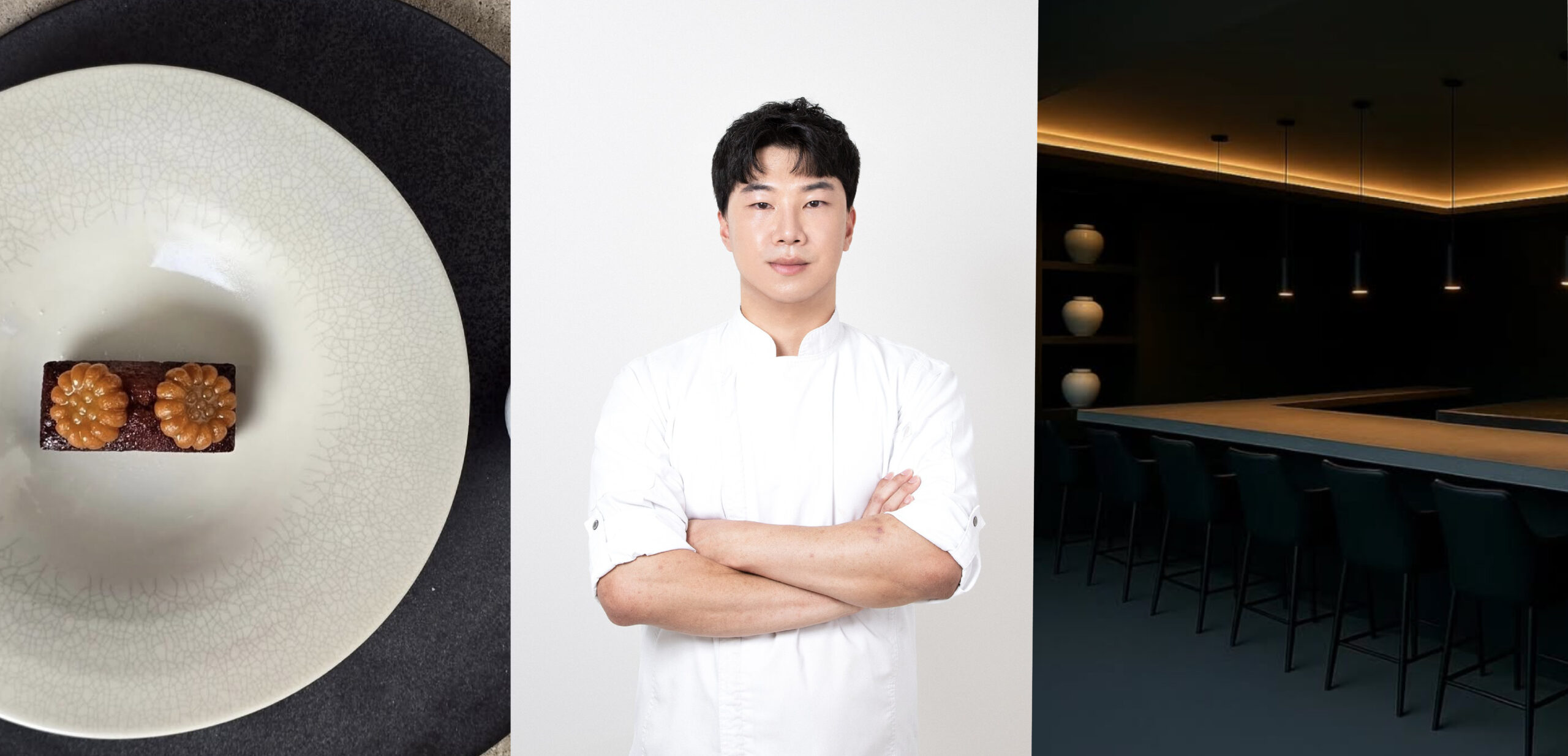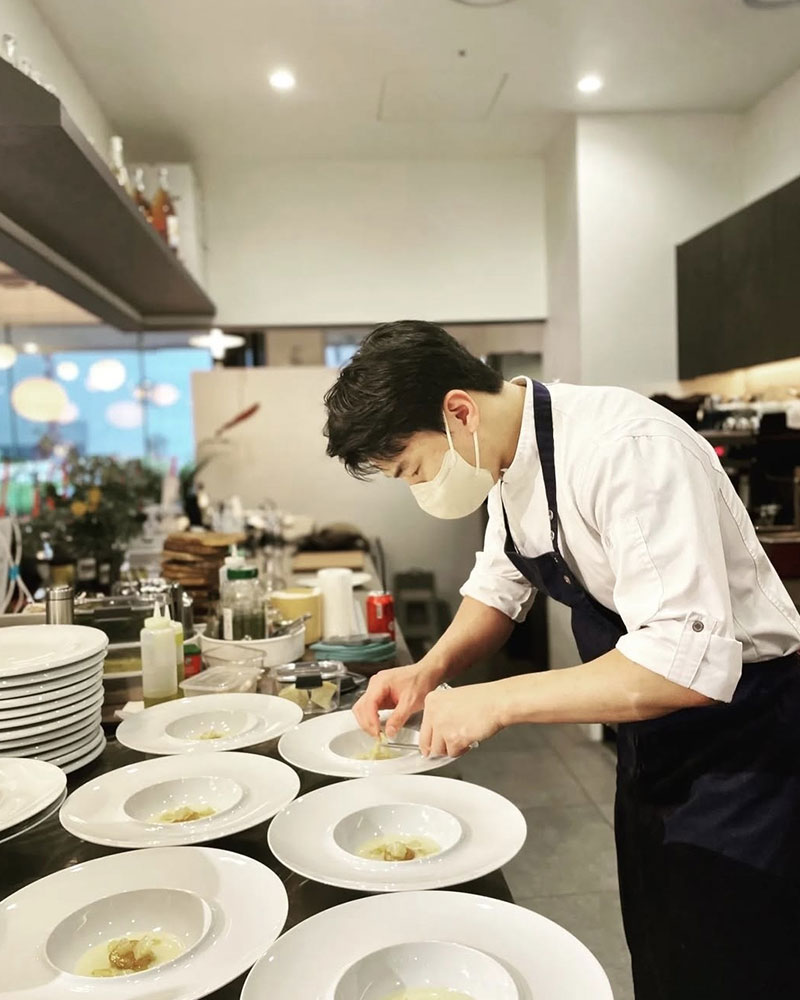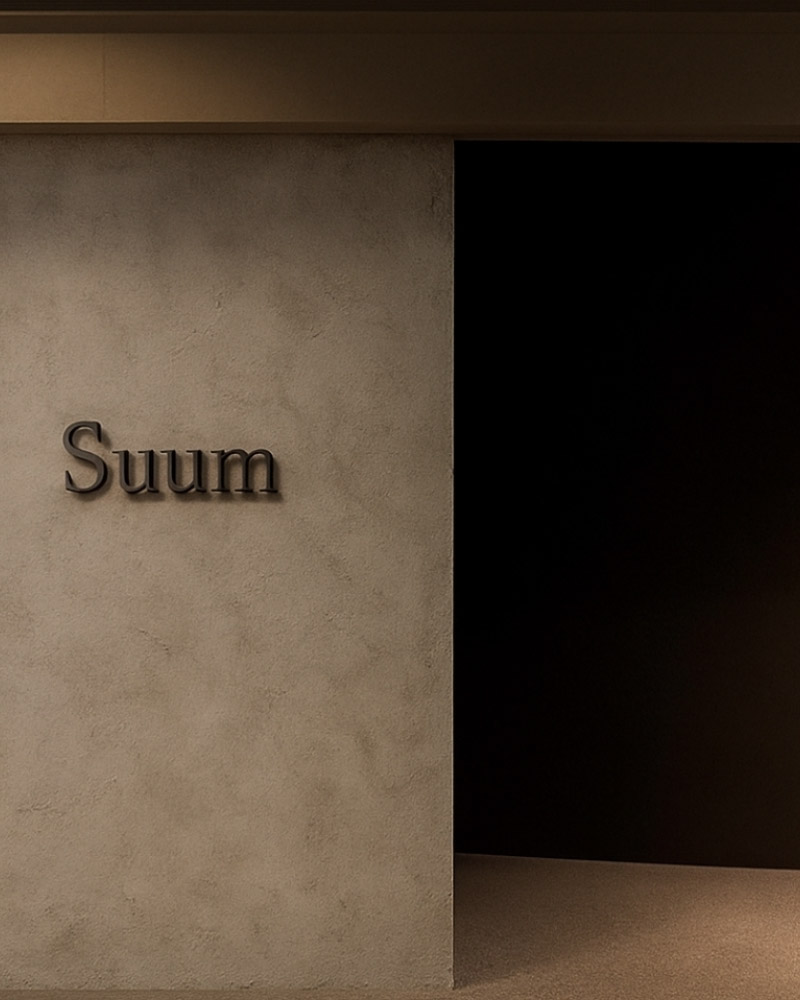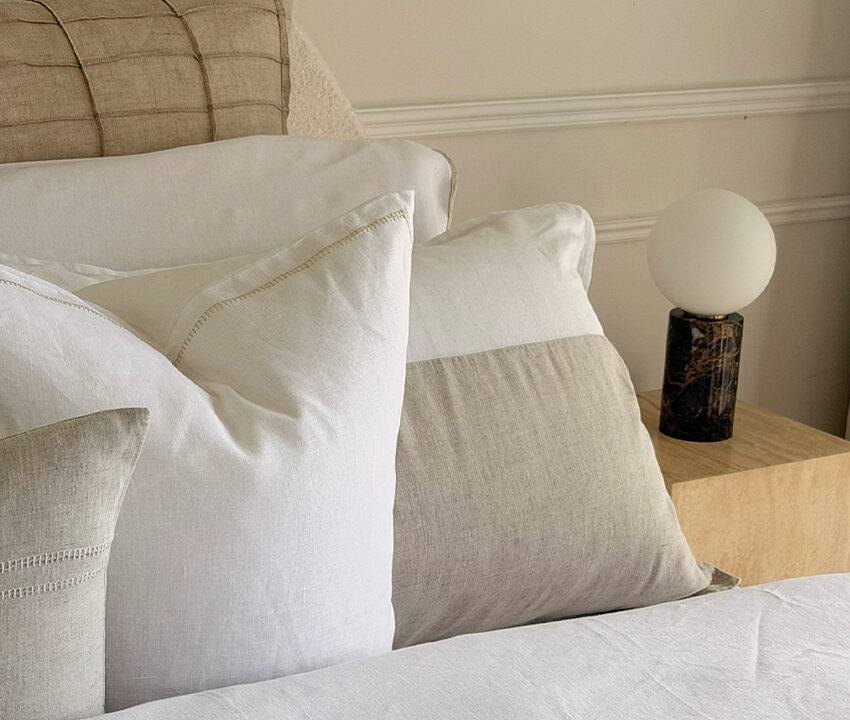
Cutthroat Kitchens, Molecular Gastronomy & More: The Story Behind Brisbane’s Newest Omakase
Seoul to SUUM
It was 2011 and Andy Choi had just begun his IT degree at Brisbane’s Griffith University when he made the decision that would change his life.
Without telling his parents, knowing they would disapprove, he booked a one-way flight to Switzerland to study at culinary school. “They almost killed me when they found out,” recalls Andy. “They never wanted me to be a chef. They knew how hard it was to be a top chef,” he says.

And yet, after just one semester in Switzerland, Andy – a self-taught home cook who had learned his way around the kitchen at a young age during years at boarding school – dropped out, already familiar with the basics, and instead landed a job at the three-Michelin-starred restaurant Disfrutar in Barcelona. It’s the kind of story that seems too good to be true: working in the kitchen of the (at the time) 15th best restaurant in the world with no formal training.
So, how did he do it? Through an email.
“Do you know the list called The World’s 50 Best Restaurants?” he asks. “I just searched it up and emailed all of the restaurants on the list. At the time, Disfrutar was 15 on the list, and they said, ‘You can come, but you have to work for free.’ So, I went.” A year and a half of hands-on experience from the greats later, he was on to the next Michelin-starred kitchen: Heston Blumenthal’s The Fat Duck in London – another regular on the list, and one that has even claimed the number one spot.
While he may have been skilled enough to walk away from culinary school after one semester, what Andy learned in these world-renowned kitchens was grit, resilience, and discipline.

“The environment working in European kitchens is different to Korea and Australia,” he admits. “A lot of European chefs will yell at you, swear at you, sometimes even hit you. If you take sick leave, you get fired. In Australia, you’d get reported. But the chefs are not hitting us or making fun of us for no reason, and because of that, we were always nervous, and we had to do everything properly. It made me really strong, both mentally and as a chef.” Add two years of Korea’s mandatory military service, and it’s no surprise Andy is now a master of discipline in the kitchen.
Brisbane’s taste of Korea
Another skill he picked up in Europe was molecular gastronomy – an innovative, scientific approach to cooking that defines his latest venture in Brisbane’s CBD: SUUM, a 16-seat, modern Korean omakase hidden away at 119 Charlotte Street, accessible only via QR code.
SUUM, meaning “to breathe” in Korean, reflects the seasonal Australian produce he uses, a nod to the fresh air on the farms and the full sensory experience he provides. “Molecular gastronomy is not just tasting food,” Andy explains. “You see, listen, and smell everything. It’s science. I want people to enjoy all of it.”

For Andy, SUUM is his chance to do what he loves: fine dining, Korean cuisine, and omakase, but made accessible. “Normally, people think it’s really expensive and only rich people can go. But I want people in their early 20s to come and enjoy our food too.” Running one seating per night on weekdays and two on weekends, the menu spans 16 to 20 courses at just $180 per person.
And Andy’s vision doesn’t stop at SUUM. “I want to open at least five more restaurants,” he says. “But first, I wanted to show Brisbane what I can do with my cooking and what’s possible for future projects.”
Exclusive, private, and meticulously crafted, SUUM, opening on 18 September, offers an experience that goes beyond food. It’s the culmination of his global culinary journey – and the first breath of Andy’s new chapter in Brisbane’s dining scene.









